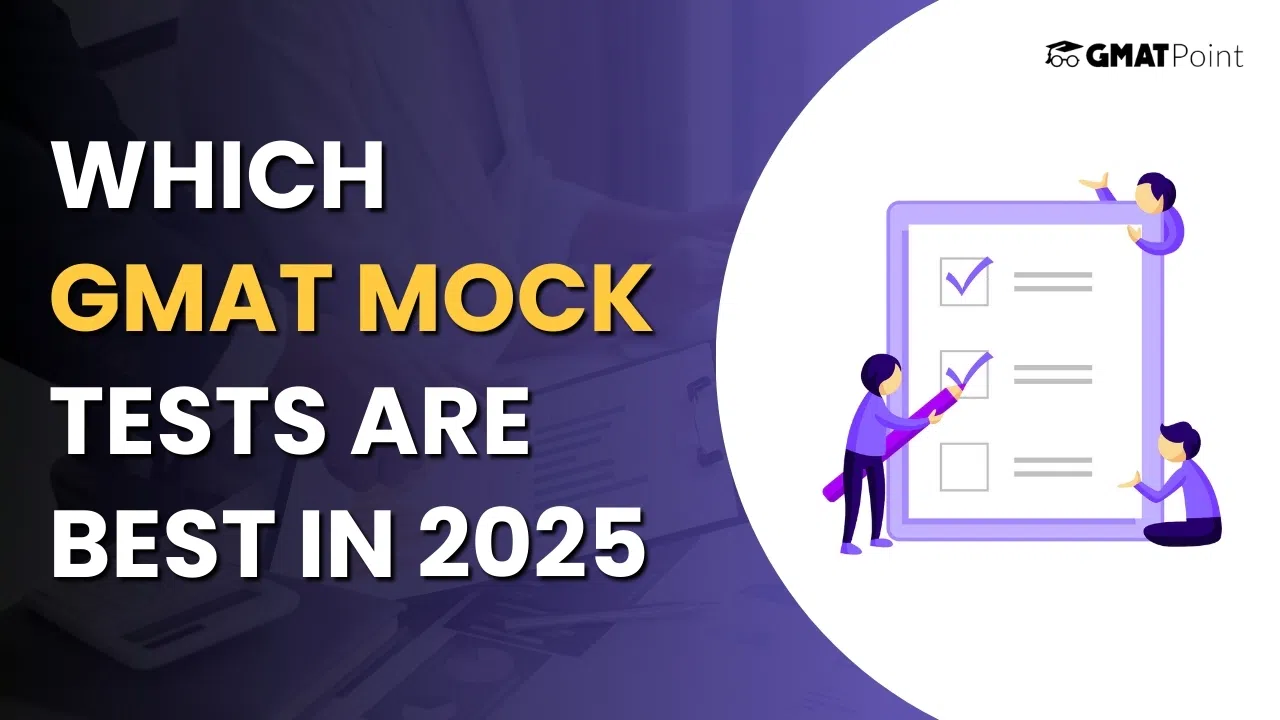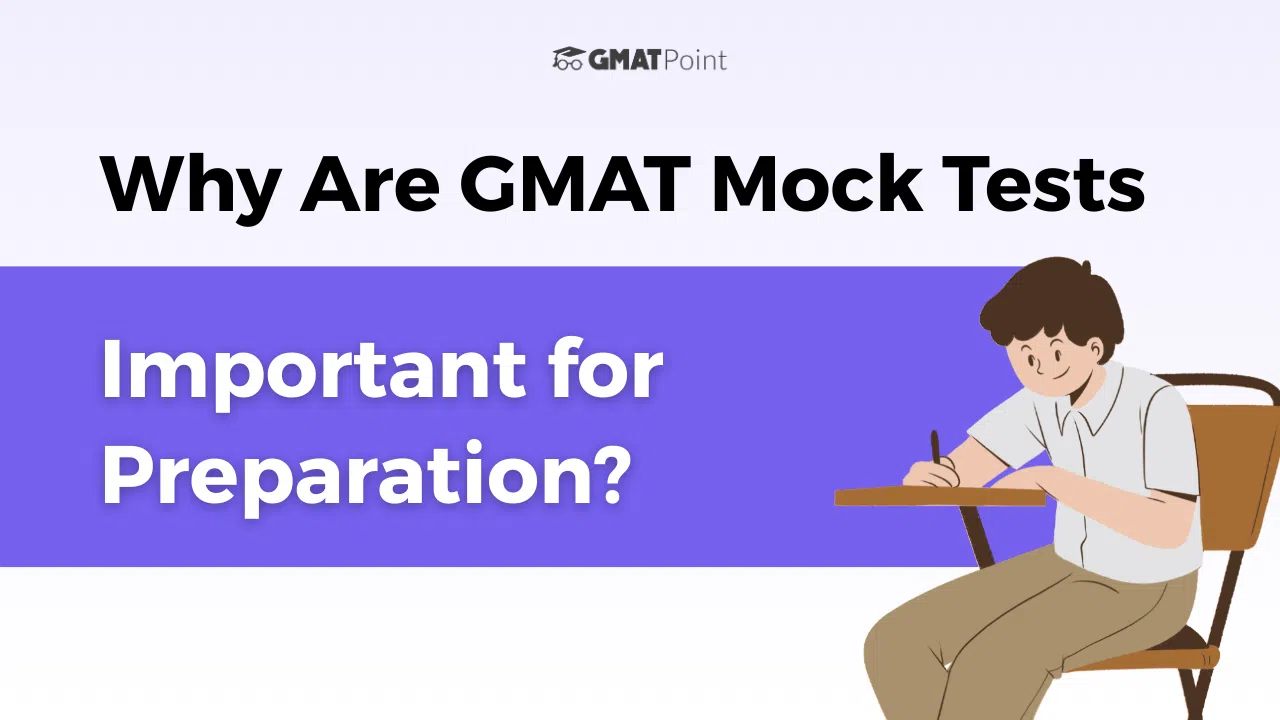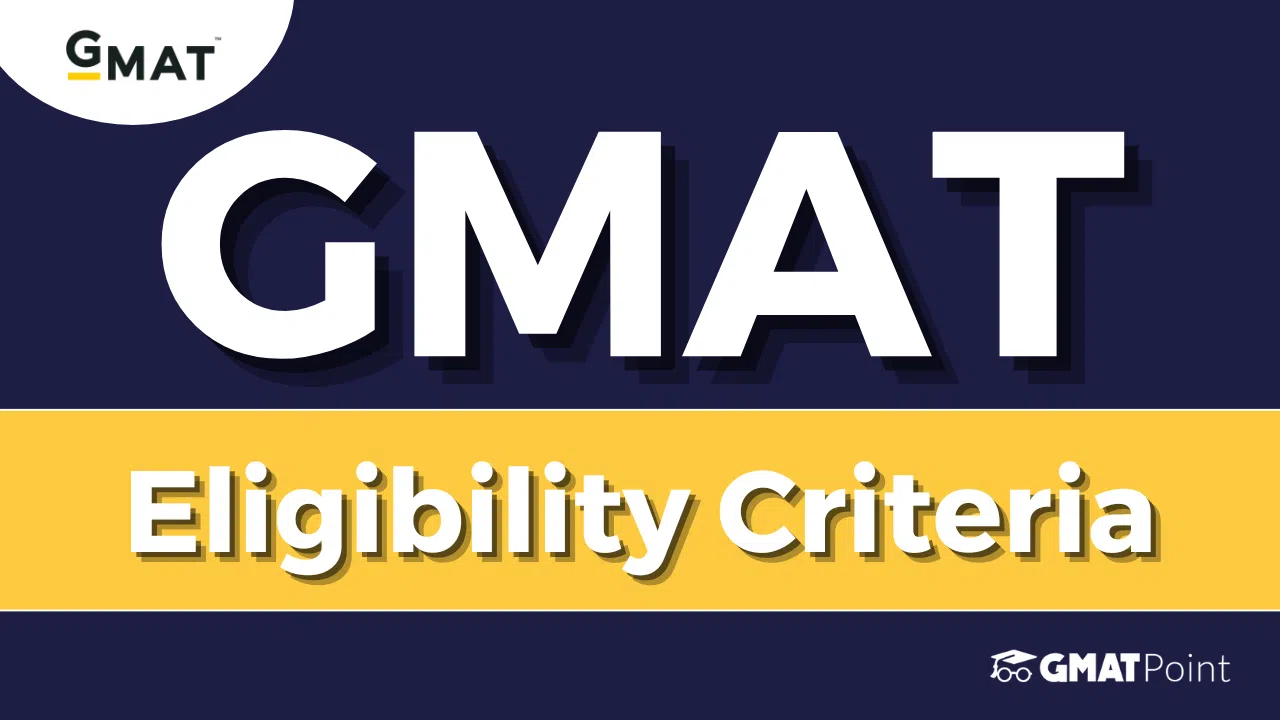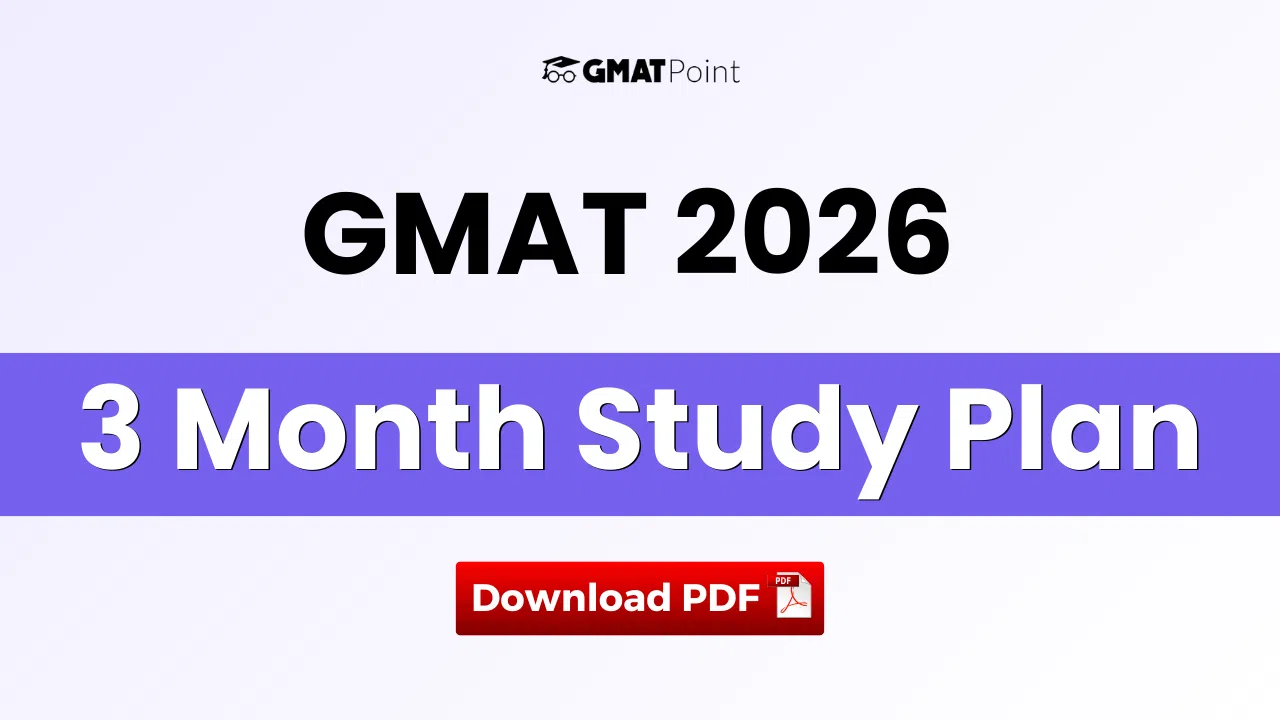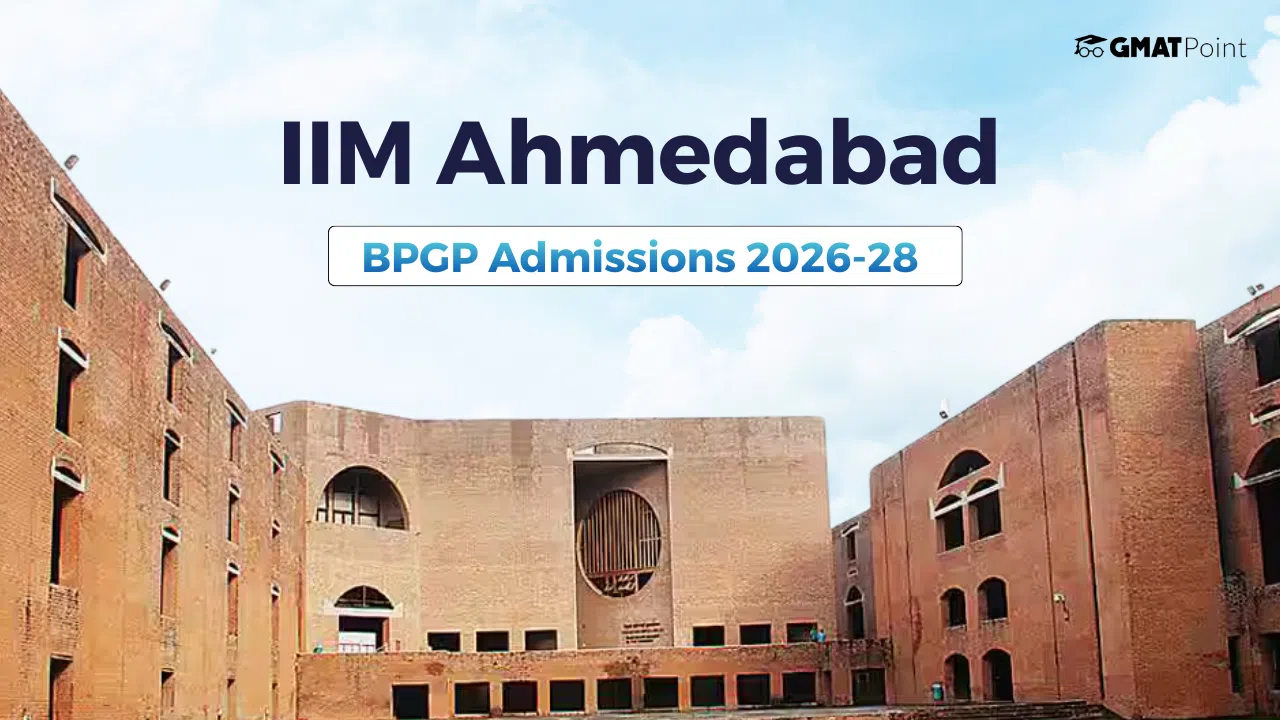Taking lots of GMAT mock tests feels productive until the score stagnates. The truth is that mocks alone don’t improve your score; what you do after each mock matters more. Consider every mock as a diagnostic scan: the test reveals the problem, but a structured review tells you how to fix it. This blog gives you a clear, repeatable system to analyse GMAT mock tests so you turn mistakes into opportunities.
Why is GMAT Mock Analysis Very Important?
A mock test is data, something to work upon. Without a plan from that data, you will end up wasting hours on trial & error. Proper analysis will help you to:
- Find recurring conceptual gaps. Helps you know where you need to re-work, etc.
- Helps you identify whether you have any issues maintaining time constraints.
- Allows you to experiment and find strategies that are not working.
Also Read, When is the Right Time for a GMAT Mock Test?
Things to Consider Before Taking a GMAT Mock
Consider taking the test seriously. Treat each mock as a rehearsal for test day. Consider the following
- Complete the exam in one sitting.
- Try to take the exam in the same time slot. Also, familiarise yourself with the exact break timing, similar to the GMAT.
- Remove phone and distractions in the test-taking room.
- Appear for the exam using the scratch paper you’ll have on test day.
Also Read, Top GMAT Mock Test Series to prepare for the GMAT Focus Edition
Use an Error Log for GMAT Mock Analysis
An error log helps you find mistakes, find gaps in your preparation and also helps you make better decisions in the exam.
Q. No. | Topic | Time spent | Mistake type | Action to fix |
12 | Algebra | 00:04:12 | Conceptual (Forgot the concept) | Review exponent rules. Practice questions. |
What to record:
- Question topic
- Time spent
- Mistake category (conceptual/strategic/careless/time)
- Follow-up action
Keeping this data allows you to find patterns and make necessary changes accordingly. For example, if 40% of your Quant errors are algebraic and Conceptual errors, that signals targeted revision.
Types of Mistakes in GMAT Mocks
Don’t only look at right vs wrong questions. Put each error into one of the following four buckets and follow the repair routine.
Conceptual Errors: These errors usually happen because of conceptual gaps. So, to fix these, re-learning fundamentals through videos & notes is the way out.
Time Errors: These errors usually happen due to a lack of sufficient practice. Practising a sufficient number of questions and drills would help with these.
Strategic Errors: These errors usually happen because of choosing a longer conventional method. With these, you end up wasting time. Therefore, redoing the same problem using a better method will help you approach the scenario more effectively.
Careless Errors: These errors usually happen when you misread the question or make an error in the signs. To fix these kinds of mistakes, building a habit of quick verification, etc., would help you avoid them next time.
Also Read, Which GMAT Mock Tests are Best in 2026?



